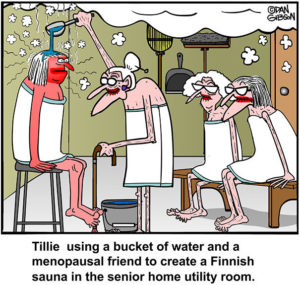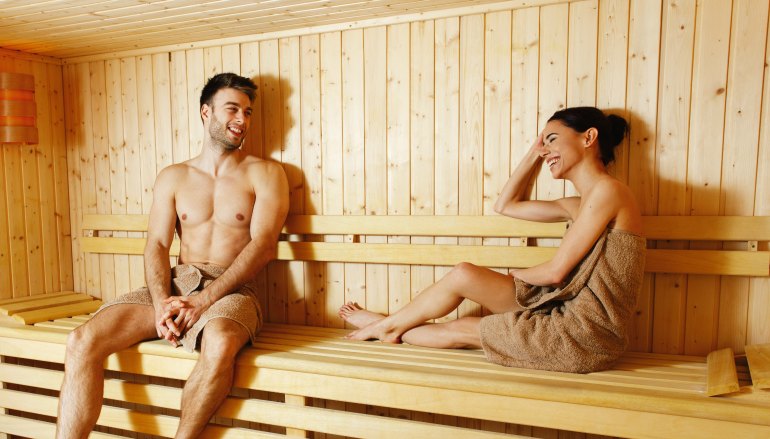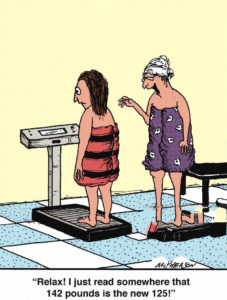New research suggests your body may feel like you’ve worked out—but how much does that help, really?
- A new study published in the journal Complementary Therapies in Medicine found that a 25-minute sauna session benefits your heart in a similar way that a moderate-intensity exercise session does.
- Still, it is important to understand that a sauna session does not carry the same overall benefits of exercise, since you are not actually working your muscles during that time.
- Any weight loss you may experience after the sauna is temporary and due to fluid loss through sweat.
You’ve probably seen the headlines: A sauna session benefits your body just as much as exercise does. Sounds great, but how true is it, really?
The headlines were sourced from a new study published in the journal Complementary Therapies in Medicine, in which German researchers recruited 19 volunteers to measure the immediate effects of sauna use on the cardiovascular system.
Participants had their blood pressure and heart rate measured during a sauna session and 30 minutes afterward. On a separate day, participants did a submaximal exercise test on a cycle ergometer. The exercise load started at 50 watts, with an increase of 10 watts every minute to a maximum of 100 watts.
The researchers discovered that a 25-minute sauna session shared similarities with a short bout of exercise on a stationary bike.
The heat exposure of the sauna resulted in a progressive increase in systolic and diastolic blood pressure, as well as an elevated heart rate. Both decreased steadily after the sauna session was over. The same results were seen during the physical load of 60 to 100 watts on the exercise bike. So you may feel like you worked out after hitting the sauna.
“Contrary to previous reports that suggested your blood pressure drops in a sauna, there is a continuous increase in blood pressure during the sauna session,” said lead researcher Sascha Ketelhut, Ph.D., of Martin Luther University Halle-Wittenberg. “That creates temporary effects on the body comparable to moderate physical exercise.”

[Want to start running? The Big Book of Running for Beginners will take you through everything you need to know to get started, step by step.]
Also, he added, the way your blood pressure comes down after a sauna session is beneficial to the cardiovascular system—it’s the same way it rises with exercises and falls when you’re done working out. Both “tone” your system by causing it to work harder for a short amount of time, and then return back to a baseline level.
This helps your resting heart rate become lower, since your cardiovascular system gets used to functioning more efficiently.
Does that mean you can skip the workout altogether and just lounge in the sauna instead? Sorry to dash those hopes, but no. It might be good for your heart, but it’s not doing anything for your muscles.
“A sauna session is a physical strain, and its long term-positive effects for the heart are similar to sports activities,” said Ketelhut. “But with no muscle activity, it won’t be the same as doing exercise.”
And if you are hoping the weight loss benefits of exercise may translate to the sauna, too? Sorry to dash your hopes again, but while you may feel a little lighter after a sauna session, it does nothing for actual sustained weight loss: You just sweat out fluids, which causes temporary weight loss, but rehydration will bring your weight right back up to where it was before, Ketelhut said.
The study does have limitations, of course, most notably the small sample size. Still, if you’re a fan of the soothing saunas because it relaxes you, there’s no reason to stop (as long as you don’t have any cardiovascular risk factors or other preexisting conditions). You might be giving your heart a boost—though you’ll have to put in the work if you want your muscles to benefit, too.
A true love for sports



Recent Comments